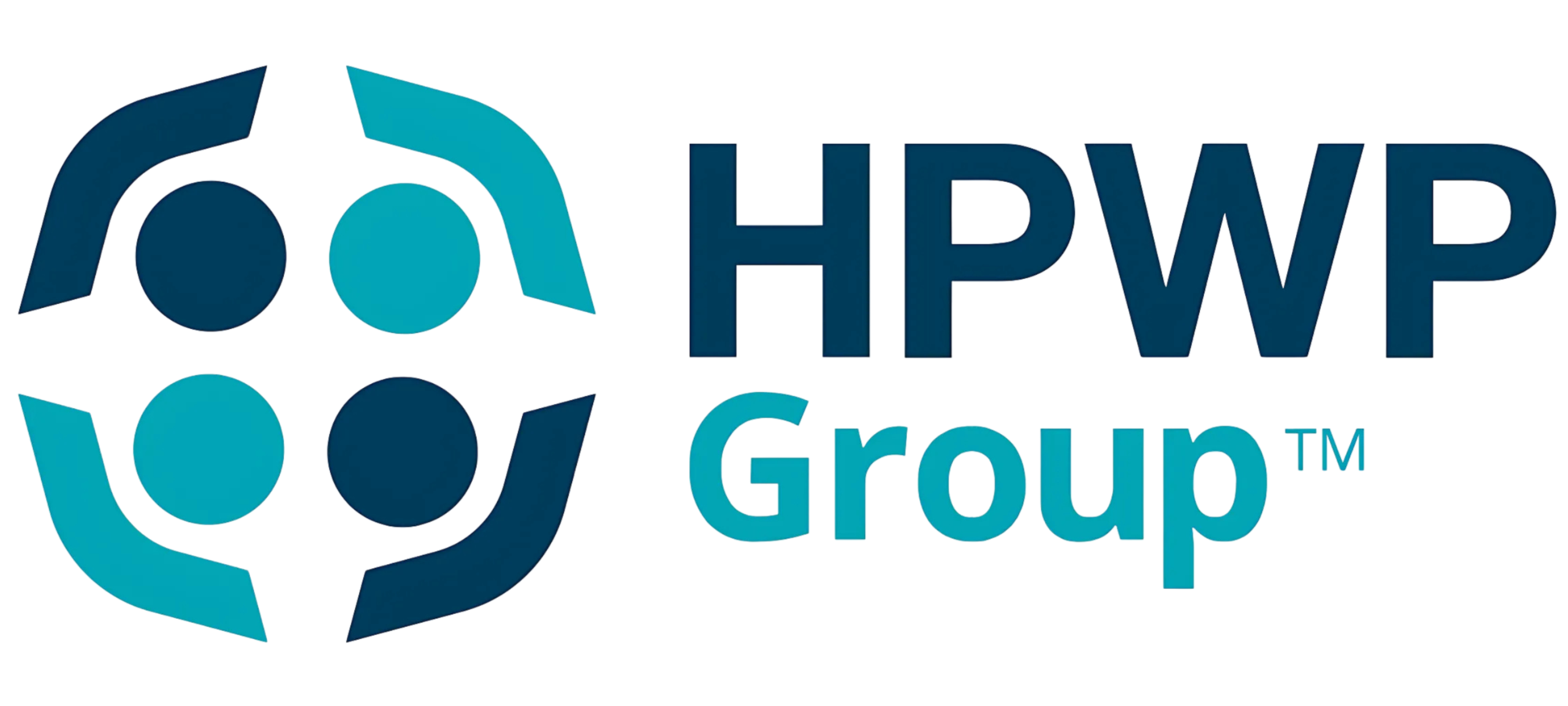How Leadership Coaching Programs Develop Future-Ready Leaders

In the quick-moving business world of today, the part of leadership has shifted significantly. Organizations require leaders who excel at guiding teams, and also show flexibility, creativity, and fortitude. Leadership coaching programs help in this process, developing people into forward-thinking leaders who can succeed in the shifting business environment.
Understanding Leadership Coaching
Leadership coaching is a tailored method that enables leaders to improve their abilities, navigate obstacles, and achieve their full capabilities. Unlike conventional training, which usually uses a universal approach, leadership coaching centers on personal growth. It deals with unique strengths and areas for improvement, assisting leaders in building the right outlook, communication competence, and strategic thought required for current business demands.
Professional leadership coaching programs are crafted to offer organized support and applicable tactics. These programs provide leaders with resources to motivate their teams, boost performance, and promote a beneficial workplace environment. By spending on coaching, organizations establish a path toward lasting advancement and fresh ideas.
The Importance of Future-Ready Leadership
A forward-thinking leader goes beyond managing today’s business efficiently. They are forward planners, anticipating changes in the market, new technologies, and how the workforce is changing. They have the ability to quickly adjust strategies and the people skills needed to manage challenging interactions.
Developing leaders requires leadership programs. These programs use specific structures, real-world learning, and feedback to help individuals develop vital skills like making decisions, solving problems, and planning for the future.
Components of Leadership Coaching Programs
- Self-Awareness and Reflection
Leadership coaching programs often begin with self-assessment exercises that help leaders understand their strengths, weaknesses, and behavioral patterns. This heightened self-awareness enables them to make conscious choices and improve their interactions with colleagues and subordinates. - Goal Setting and Strategic Planning
Coaches work with leaders to define clear, achievable goals aligned with organizational objectives. Strategic planning exercises help leaders think beyond immediate tasks and consider long-term impacts, fostering a forward-thinking mindset. - Communication and Interpersonal Skills
Effective leadership hinges on the ability to communicate clearly and influence others positively. Leadership coaching for executives emphasizes skills such as active listening, persuasive communication, conflict resolution, and team motivation, all of which are crucial for maintaining a productive work environment. - Decision-Making and Problem-Solving
Leaders are constantly faced with complex challenges that require sound judgment and innovative solutions. Through scenario-based exercises and real-world problem-solving activities, coaching programs strengthen critical thinking and analytical skills, preparing leaders for high-stakes situations. - Accountability and Performance Tracking
A key benefit of leadership coaching programs is the focus on accountability. Leaders are encouraged to track their progress, reflect on outcomes, and adjust strategies as needed. This continuous feedback loop fosters a culture of learning and improvement.
Benefits to Organizations
Investing in leadership coaching programs yields multiple advantages for businesses:
- Enhanced Employee Engagement: Leaders trained through coaching programs are better equipped to motivate and engage their teams, leading to higher productivity and retention.
- Improved Organizational Agility: Future-ready leaders can adapt to changes quickly, keeping the organization competitive in dynamic markets.
- Stronger Leadership Pipeline: Leadership coaching ensures a steady flow of skilled leaders ready to assume higher responsibilities, reducing the risk of talent gaps.
- Positive Workplace Culture: Leaders who demonstrate emotional intelligence, empathy, and strategic thinking foster a healthy and inclusive work environment.
Implementing Leadership Coaching in Your Organization
To maximize the benefits, organizations should adopt a structured approach:
- Assess Needs: Identify current leadership gaps and define specific goals for the coaching program.
- Choose the Right Program: Select coaching services tailored to organizational culture and leadership levels.
- Engage Participants: Ensure leaders are committed to the process and understand the value of coaching.
- Monitor Progress: Track the outcomes of leadership coaching programs through feedback, performance metrics, and follow-up sessions.
- Integrate Learning: Encourage leaders to apply insights gained from coaching into everyday decision-making and team management.
Conclusion
In this time of fast technological progress and changing business environments, companies can’t have static leadership. Leadership coaching programs are vital in cultivating leaders prepared for the future; people who can handle unpredictability, motivate teams, and promote enduring expansion. By putting money into organized coaching and leadership growth initiatives, businesses provide their top executives with the resources required to thrive now and down the road.
If you’re looking to boost executive skills, raise team performance, or create a strong leadership pathway, professional leadership coaching services provide the support and tactics needed for lasting success.










